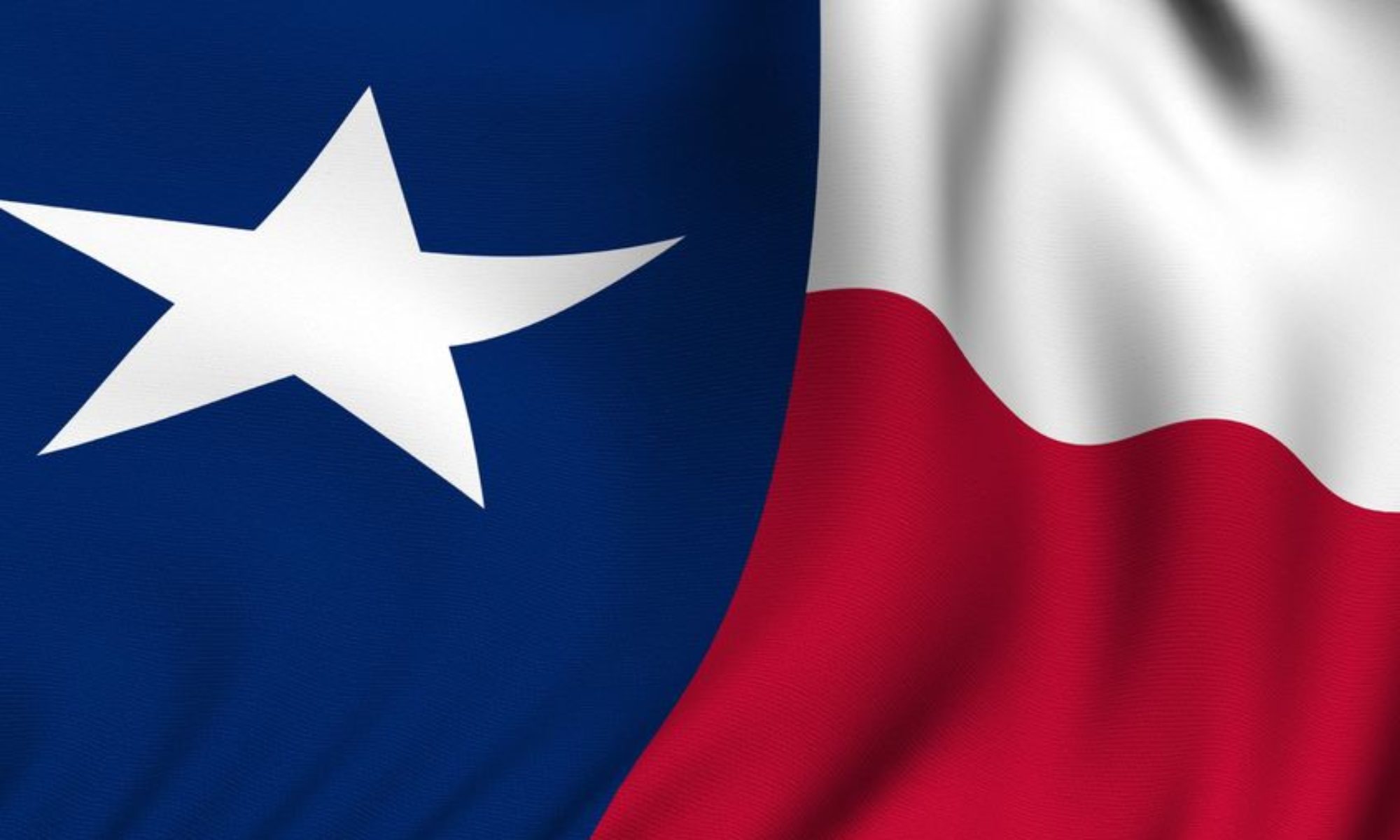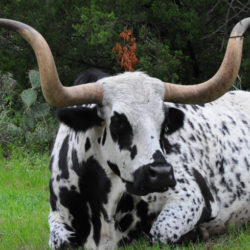The pendulum of human history perpetually oscillates between iron-fisted tyranny and self-consuming anarchy, futilely pursuing the modern mirages of either soulless utopian structures or absolute personal autonomy. The axis upon which that pendulum climaxes and nadirs is distinguished by human determinism of good and evil, even questioning whether those concepts exist.
But is there a hidden force that intervenes to not only mitigate the velocity towards those extremes, which are evidenced by the vitriol and tone deafness of the national multi-issue screaming match in which we find ourselves, but to actually shift the axis altogether and arrest the pendulum in mid-stroke so as to point towards a good and evil independent of human definition?
What, if any, is the transcendent force acting on the human soul, compelling it to accept personal responsibility for not only one’s own survival and well-being but for that of neighbors?
In his oft-cited 1979 essay and speech, “Unspeakable Ethics, Unnatural Law” Yale Law School professor Dr. Arthur Leff succinctly described the modernist impasse underlying the core of almost every debate and headline commanding our attention:
“I want to believe-and so do you-in a complete, transcendent, and immanent set of propositions about right and wrong, findable rules that authoritatively and unambiguously direct us how to live righteously. I also want to believe-and so do you-in no such thing, but rather that we are wholly free, not only to choose for ourselves what we ought to do, but to decide for ourselves, individually and as a species, what we ought to be. What we want, Heaven help us, is simultaneously to be perfectly ruled and perfectly free, that is, at the same time to discover the right and the good and to create it.”
Leff had been observing a trend towards cold moral relativism espoused by a new generation of students in his law school classes, very likely fruit of Hardin’s Malthusian-driven lifeboat game which had permeated American educational systems and Biblically illiterate/doctrine-challenged church youth groups over the preceding years. He was also witnessing a judiciary increasingly embracing ideologically-driven power void of a restraining “complete, transcendent, and immanent set of propositions about right and wrong”. While he astutely identified the dilemma, his depressing conclusion of every-man-for-himself jettisoned hope, leaving no basis for determining good and evil or whether those concepts are even valid:
“All I can say is this: it looks as if we are all we have. Given what we know about ourselves and each other, this is an extraordinarily unappetizing prospect; looking around the world, it appears that if all men are brothers, the ruling model is Cain and Abel. Neither reason, nor love, nor even terror, seems to have worked to make us “good,” and worse than that, there is no reason why anything should. Only if ethics were something unspeakable by us, could law be unnatural, and therefore unchallengeable. As things now stand, everything is up for grabs.
Nevertheless:
Napalming babies is bad.
Starving the poor is wicked.
Buying and selling each other is depraved.
Those who stood up and died resisting Adolf Hitler, Joseph Stalin, Idi Amin, and Pol Pot —and General Custer too— have earned salvation.
Those who acquiesced deserve to be damned.
There is in the world such a thing as evil.
[All together now:] Sez who?
God help us.”
Dr. Arthur Leff, “Unspeakable Ethics, Unnatural Law”, Duke Law Journal, December 1979
If Leff is correct, Darwin reigns supreme, reducing us to might-makes-right, survival-of-the-fittest. The only code of living is what David Kinnaman, President of Barna Research describes as the “morality of self-fulfillment”. There is absolutely no other moral and ethical foundation left as a basis by which one is able to condemn anyone for anything. No one has standing to chastise anyone for not stopping with “Where are thine accusers?” and for continuing to lovingly exhort, “Go and sin no more”. If Leff is correct, the evolutionist is left examining his navel, pondering from which abscess* of human conscience forgiving one’s enemies evolved or why mercy is absent in nature. His closing three-word prayer, “God help us” is a waste of breath, a hopeless plea in a vacuum. The only response to the question, “If a man, dies, will he live again?” is to bestow a crown and wreath of wilted celery upon worms, gravity, and atomic randomness.
But if Leff is incorrect, and there really exists “…a complete, transcendent, and immanent set of propositions (commandments) about right and wrong…”, then there must be purpose to those commandments, as well as consequences when violated. Otherwise, the commandments would be impotent, and insolence simultaneously de rigueur and censured from Websters for being a judgmental descriptor. But what are the consequences and remedies?
What if the remedy or restitution is beyond human autonomy or tyrannical mandate? If the purpose of those rules is to direct us how to live righteously, how does living righteously manifest itself? For what purpose is it to live righteously? Just to be smacked down if we don’t? Or, are those rules actually a gift of grace for our own benefit, defining the relationship between an Author/Supreme Arbiter and the terms of engagement between the participants, offering the created being hope beyond the grave? If the participants find the rules not aligning with their cravings, does shaking their fists at the Author/Supreme Arbiter, refusing His gift of manifested sovereign grace, or worse, denying His existence, absolve them from the consequences of contempt for rules of living?
It would be futile to believe in such an Author/Supreme Arbiter unless there existed a basis in reality. That basis would include a self-imposed requirement for the Author/Supreme Arbiter to enter into our physical presence, demonstrate dominion over the known senses and realm of physics, answer for evil and injustice, and conquer not only the fear of death, but death itself.
Should not those who believe in this Author/Supreme Arbiter and trust him to be a loving, holy and personal God incarnate in the person of Jesus Christ, want others to come to the same knowledge of hope that escapes the judgment of death? Should they give approval to the actions of those who practice hostility to His statutes, knowing such insolence leads to personal and societal decay and destruction? Is there any reason they should not expect to be attacked for loving His righteous decree, for merely being His representatives, for living out their faith according to His precepts rather than to their own flawed interpretations that cater to their base desires of self-fulfillment?
Such love would curb our obsession with personal gratification, comfort and autonomy that leads to abandoning responsibility for one’s actions and abdicating civic duty.
Such love would remedy both Huxley’s and Orwell’s assessments by unlocking the handcuffs fastening society’s consciousness to amusement. It would break free the bondage which Big Brother quietly bide’s his time fashioning with economic leg irons and politically-correct straight jackets.
Such love would arrest the pendulum altogether, pointing orthogonally in an elevated direction against which downward forces and death, absolutes worthy of abolition, have no power. It would put to death, once and for all, doing what is right in our own eyes.
Copyright © 2018 Don Stroud

